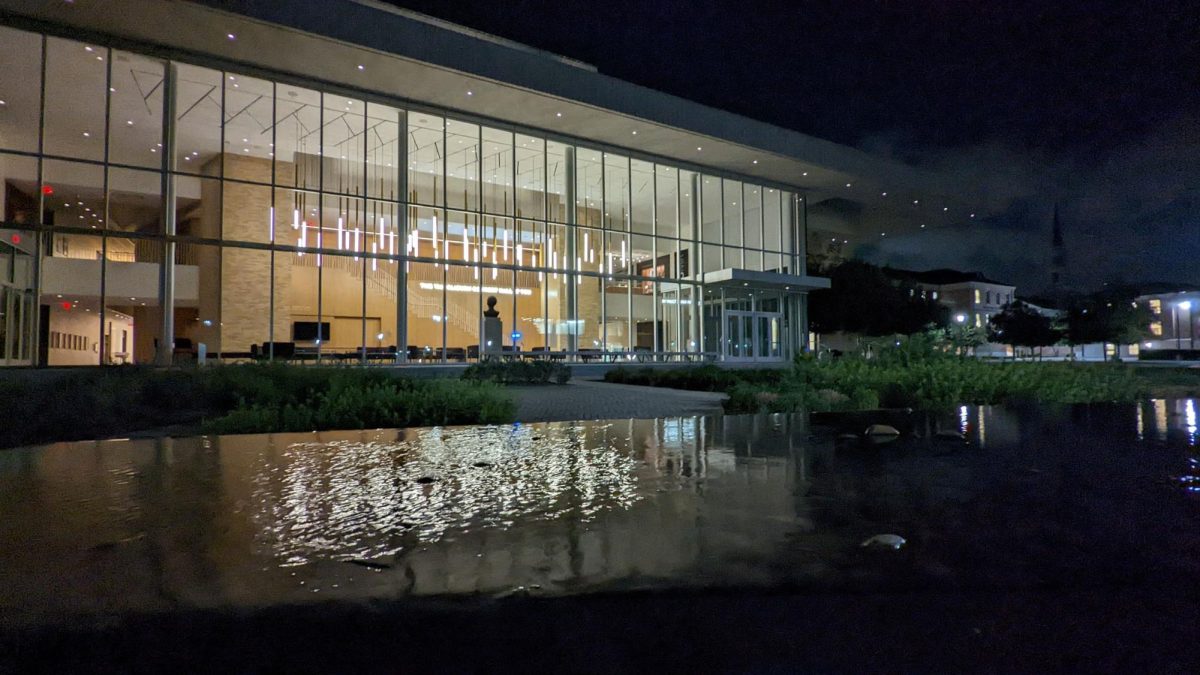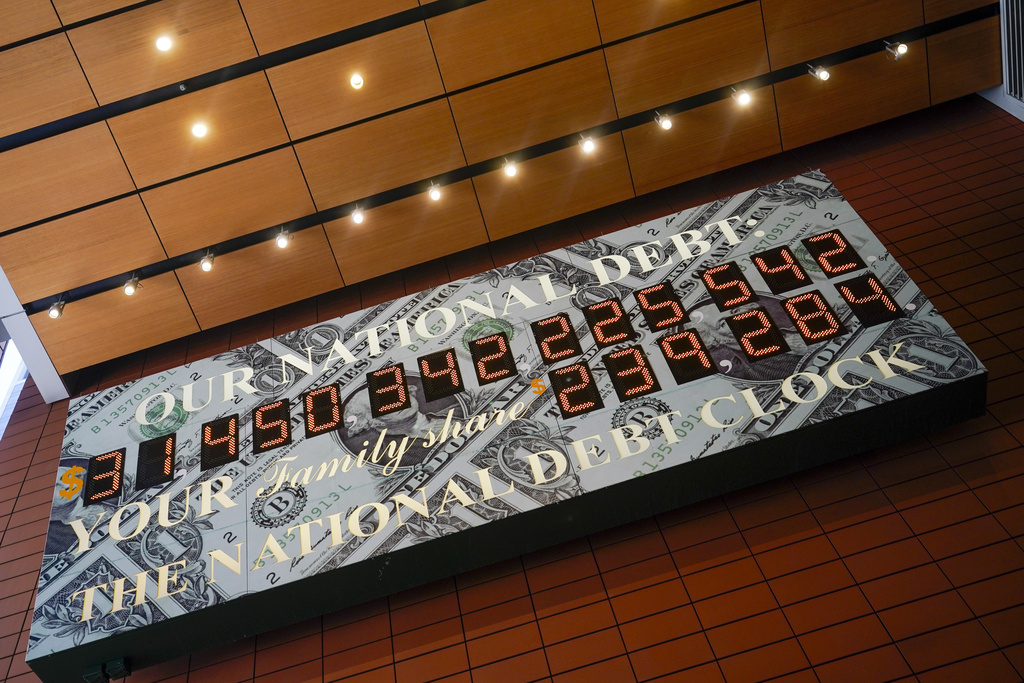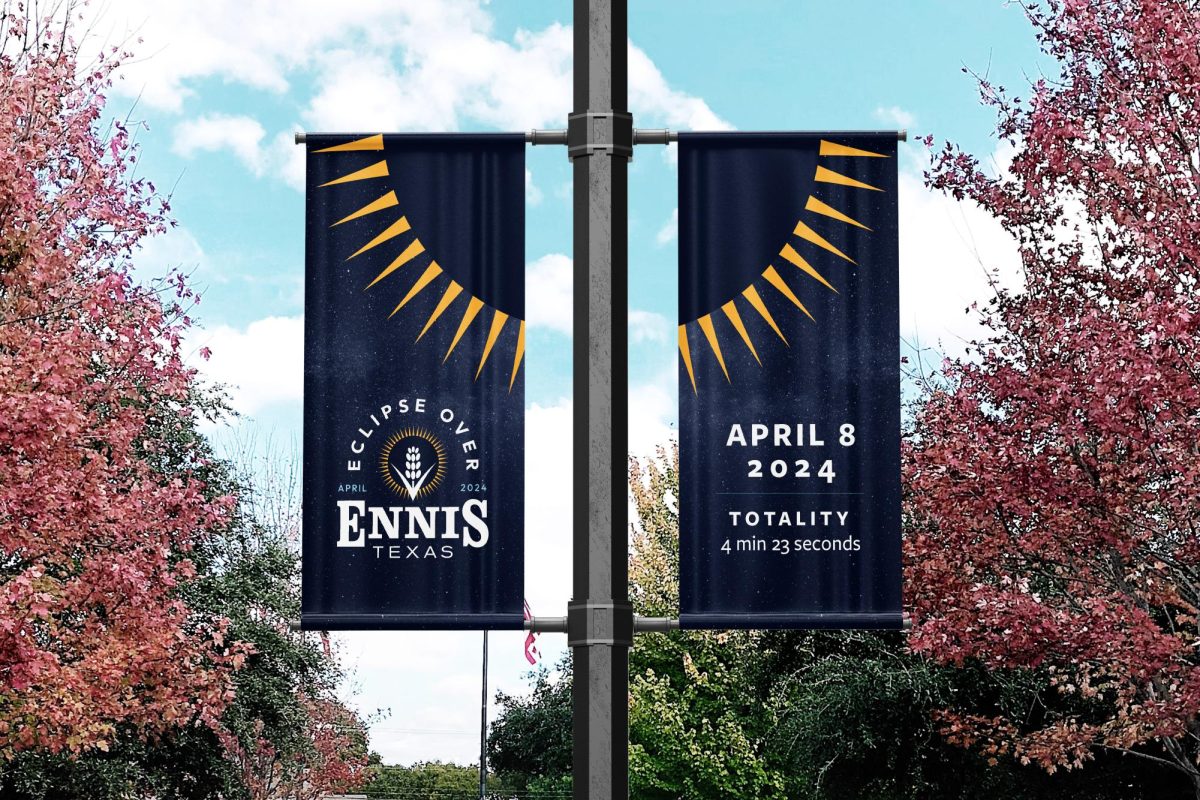The U.S. Supreme Court declined to review a case Monday that argued whether student-led prayer, during Birdville Independent School District’s board meetings, was constitutional.
Due to the Supreme Court’s denial, the decision of the 5th U.S. Circuit Court of Appeals stands. The Court of Appeals ruled in favor of Birdville, stating the student-led prayer at board meetings was a legislative prayer, and therefore did not violate the constitution.
Birdville school’s Superintendent Darrell Brown said in an email that students have first amendment rights and he is “pleased that the legal system supports the rights of our students to express themselves accordingly, including prayer if they so choose.”
For 20 years, two students have opened the Birdsville board meetings. One leads the Pledge of Allegiance to the U.S. and Texas flag, and the other delivers some sort of statement of his or her choosing, which could be an invocation.
At some meetings, students presented poems or read secular statements, but usually it is a prayer.
Birdville High School alumnus Isaiah Smith attended a board meeting in 2014 and said in the case opinion he was offended by the student-led prayer because Birdville was “favoring religion over non-religion.”
Smith and the American Humanist Association sued. They argued that Birdville promotes and endorses prayers delivered by the students at board meetings, in violation of the Establishment Clause of the First Amendment.
COURT OF APPEALS STAND
The Court of Appeals relied mostly on the 1983 Supreme Court Case Marsh v. Chambers, which upheld opening a Nebraska Legislature session with a chaplain’s prayer. The opinion of the case, written by Chief Justice Burger, said “the opening of sessions of legislative and other deliberative public bodies with prayer is deeply embedded in the history and tradition of this country.”
Both the district and court of appeals agreed the Birdville school board is more like a legislature than a school event or classroom.
TCU Professor of Political Science and attorney Donald Jackson said opening a legislative session with a prayer is part of American history that “has no content, it is devoid essentially of religious meaning, and it’s a symbolic part of opening a legislative assembly.”
The Court of Appeals also looked to the 2011 Supreme Court Case Town of Greece v. Galloway. This case showed legislative-prayers also applied to town-board meetings, and the main audience must be the lawmakers themselves, not the public. Birdville noted in its brief that the board members are the primary audience, and this was never proven otherwise.
Brite Divinity School Associate Dean for Academic Affairs and Assistant Professor of American Religious History Jeffrey Williams said he thinks the Supreme Court didn’t hear the case because they “didn’t see a significant difference from the Birdville case and Town of Greece versus Galloway.”
Jackson said if the Birdville district “is not involved in suggesting that the period be used for prayer, it ought to be the students’ right if they chose to, entirely on their own, to pray.”
WHY THESE CASES ARE STILL BEING DEBATED
Jackson said the requirement of separation of church and state is “probably violated, let’s say, thousands of times almost every day in Texas.”
More than 48 million students, about 90 percent of all school-aged children, learn in public school buildings, according to the National Center for Education Statistics. Public schools are bound by the constitution to separate church and state, while still protecting the students’ freedom of religion.
“Well you know [religion] is deeply engrained in our culture, which is perfectly understandable,” Jackson said. “But people don’t understand that they can’t automatically translate that into the public sphere.”
Williams said these public schools that violate the law sometimes have figures of authority such as principals, teachers or school boards who are willing to overlook the law because they believe it is appropriate for them to be able to pray in public spaces.
“A common way they will support this is they will say ‘Well the majority of our students are Christians and they all agreed to being able to pray in Jesus’s name,’” Williams said. “So, it doesn’t seem to hurt anything, but I do think that’s a very problematic argument.”
From the football stadiums in Santa Fe Independent School District in Texas, a student-led prayer case made it to the Supreme Court in 2000.
The court held student-led, student-initiated prayer at football games violated the Establishment Clause of the First Amendment. These prayers were public speech taking place on government property at government-sponsored school events.
Unlike the legislative environment of the Birdsville case, these prayers were being announced through the public-address system to the entire the audience of a public high school football game.
“The audience didn’t come there to hear a prayer, they came to attend a football game so that was called a coercive environment,” Jackson said. “They were subjected to the prayer whether they wanted the prayer or not.”
Birdville board meetings may continue to have student-led prayers at the opening of the session.





